The town which Disappeared in Russia
Across Russia, hundreds of small towns have been abandoned in the past 20 years.
Hundreds of thousands of people have lost jobs and homes after their town's main industry collapsed.
The future of more than 300 single-industry towns hangs in the balance. The race is on to try to save them.
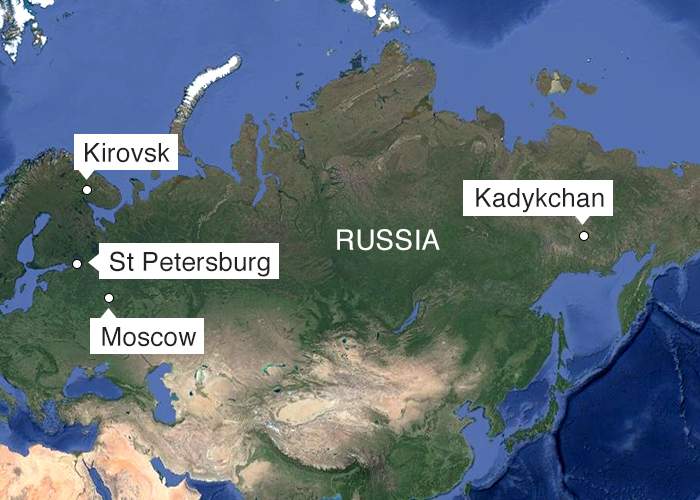
Two years after The Death of Japan, another very different film also with a disaster theme hit the Soviet cinema screens. The Investigation Commission was about an accident at a nuclear power station. It was filmed in the Russian Arctic Circle more than 2,500 miles (4,000km) and eight time zones away from Kadykchan, near a town called Kirovsk.
Kirovsk was so popular as a film location it was dubbed the Arctic Hollywood. For years starry-eyed locals had been lending a hand playing extras. But cinema wasn’t the main industry. Like Kadykchan it was also a mining town, although in this case not coal, but apatite, an ore used to make fertilizer.
It’s the summer of 1976 and people in the small Far Eastern coal-mining town of Kadykchan are flocking to their local cinema to see a new film. Foreign pictures are a big attraction and The Death of Japan is no exception. As the lights go down and the dark red curtains open, audiences are treated to an epic disaster movie about a scientist battling to save Japan from a catastrophic tsunami.
Sitting in the projection booth is 18-year old Vladimir Voskresensky, a young man with dark hair and a rakish moustache. Back home after a year at technical school, he is enjoying his first proper job.
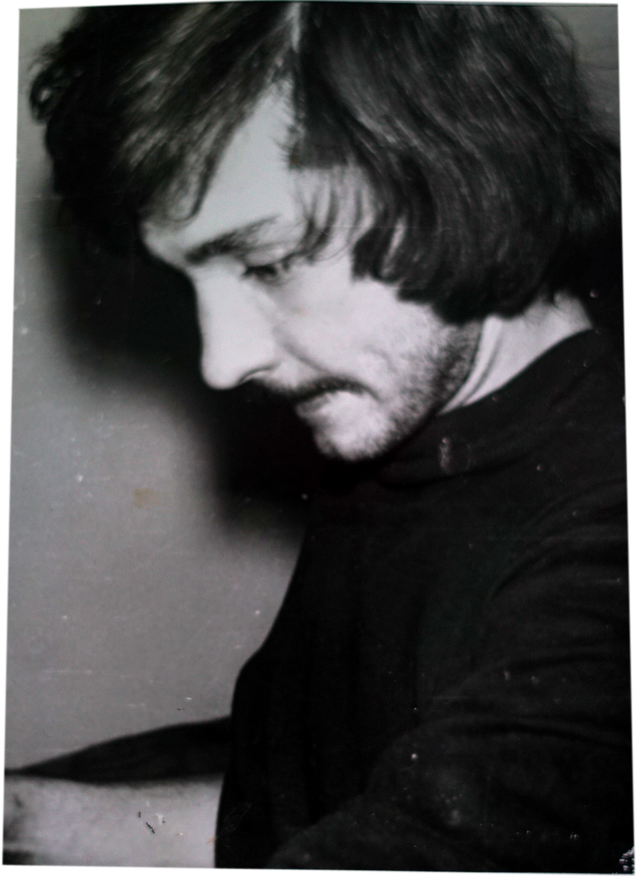 At the end of the showing Vladimir shuts down the projector and packs away the reels of film. Aunty Tanya who runs the cinema buffet puts away her pastries and bottles of Soviet champagne. Everyone heads home into the soft light of the long Far Eastern summer night.
At the end of the showing Vladimir shuts down the projector and packs away the reels of film. Aunty Tanya who runs the cinema buffet puts away her pastries and bottles of Soviet champagne. Everyone heads home into the soft light of the long Far Eastern summer night.
None of them, not Vladimir, not Tanya, nor the cinema audiences could possibly imagine that in 20 years’ time, their own town would be facing catastrophe, and that like the fictional Japan they had just seen on screen, Kadykchan would soon cease to exist.
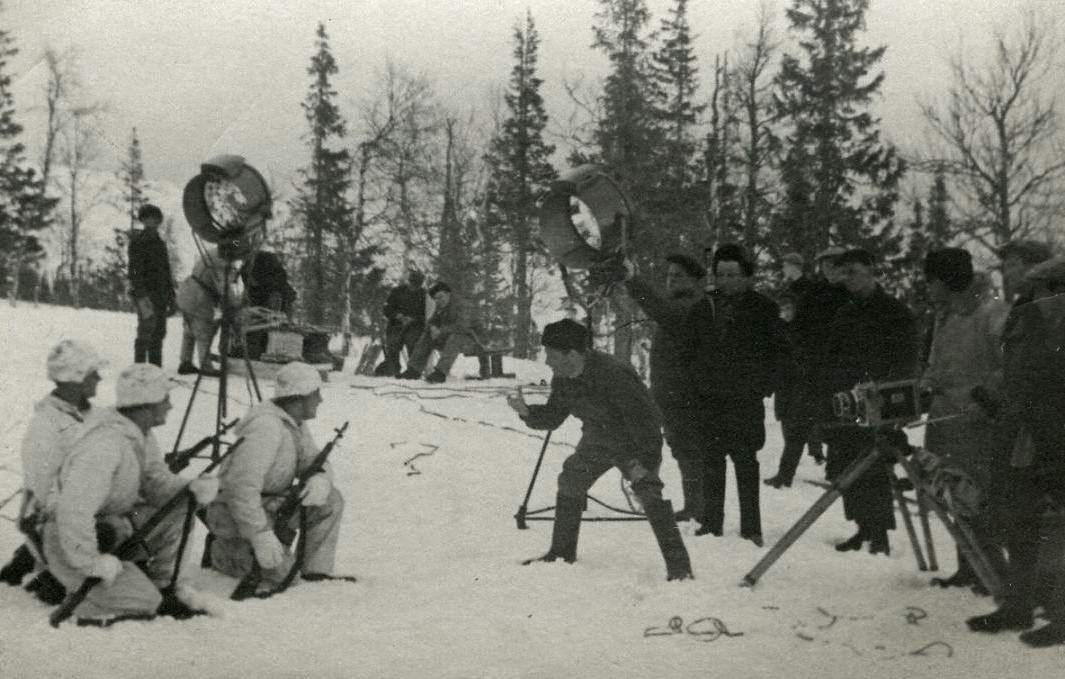
Kivorsk was frequently used as film location
In The Investigation Commission disaster is averted, but for cinema-goers in Kirovsk looking out for familiar scenes and faces up on screen, the film contained a prophetic message. Within two decades Kirovsk also found itself on the brink as the Soviet Union collapsed and the local mining industry faced bankruptcy.
The story of how Kirovsk survived and Kadykchan did not, is the story of one of the most urgent problems now facing Russia. It’s a problem familiar to many other industrialised countries.
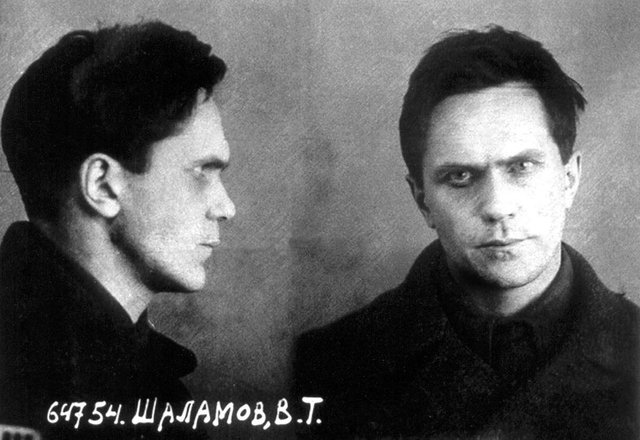 Varlam Shalamov (RGALI)
Varlam Shalamov (RGALI)
Like every settlement in this part of Russia, Kadykchan started life as a prison camp.
The whole area is known colloquially as Kolyma, after the vast river that runs through it. Its name still strikes fear in the hearts of Russians.
It was opened in the 1930s by Stalin who wanted access to its mineral, metal and gold deposits to support the rapid industrialization of the USSR.
In the brutal logic of those times the quickest way to exploit Kolyma’s riches was to use forced labour.
Almost a million prisoners passed through Kolyma in the quarter of a century that the camps operated here. At least 200,000 died in the unforgiving conditions - poorly fed, ill-equipped and facing winter temperatures as low as -50C.
Varlam Shalamov, one of Soviet Russia’s most important writers, spent nearly two decades in the camps here, including two brutal years in Kadykchan working in the newly opened coal mine.
Shalamov was sent to Kadykchan in 1940, just two years after Vladimir’s father arrived in the camps.
In his searing collection of short stories, Kolyma Tales, he summed up life for prisoners at the mine
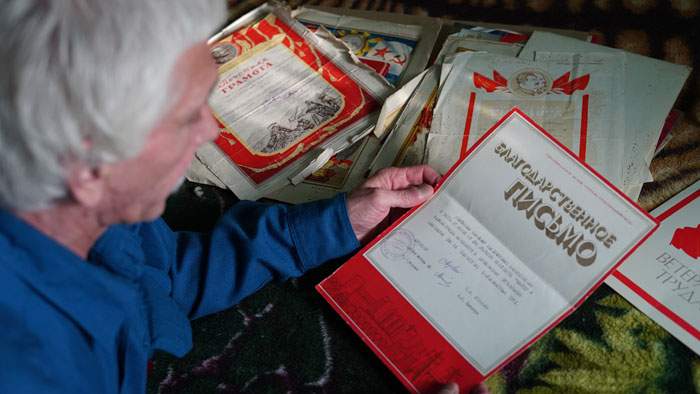
Vladimir has lived in Magadan region in the Far East all his life. His family story is typical of this vast and remote area, a place so far away that people here refer to the rest of Russia as “the mainland”.
In 1938 his father Mikhail, who was from near Moscow, was sent to a labour camp here to serve out a five-year sentence for a minor criminal offence. “He never said much about it, but I know he escaped being shot twice because he was a good worker.”
His mother Yevtaliya, who was from Ufa in the Urals, arrived in 1946 as a volunteer with the Communist Youth Organization. “Young people were different in those days. They wanted to build things and do something good for the country.”
very strange